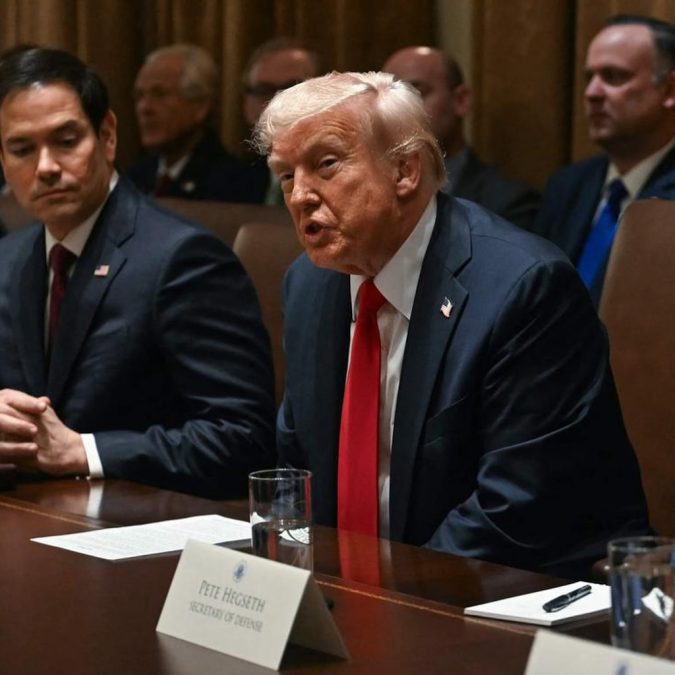Donald Trump is facing mounting resistance from within his own party after Robert F. Kennedy Jr., his health secretary, pushed controversial claims about autism and children’s vaccines. At a White House press event earlier this week, Trump appeared alongside Kennedy to suggest a link between autism and the use of Tylenol (paracetamol) during pregnancy a claim medical experts say is not supported by science.
Senator Bill Cassidy of Louisiana, chair of the Senate Health Committee and a physician, is leading the pushback. Cassidy, who voted to confirm Kennedy despite his history of vaccine skepticism, urged the Department of Health and Human Services (HHS) to release any evidence supporting the claims. “The preponderance of evidence shows this is not the case,” Cassidy said, warning that pregnant women may be left without safe options for pain relief.
The controversy deepened after Susan Monarez, the former head of the Centers for Disease Control and Prevention (CDC), testified before the Senate. Monarez said she was removed from her position after resisting pressure from Kennedy to approve new childhood vaccine recommendations that lacked scientific backing. Cassidy criticized the move, comparing it to “building a bridge without physics.”
Other senior Republicans echoed his concerns. Senator Susan Collins of Maine called Monarez’s testimony “disturbing,” while Alaska’s Lisa Murkowski described Kennedy’s vaccine policy committee as “very unsettling.” Some lawmakers warned that Kennedy could become a political liability for Trump, with one Republican senator noting that “a lot of noise” around Kennedy could test Trump’s patience.
Medical organizations, including the American College of Obstetricians and Gynecologists, continue to endorse acetaminophen as safe for use during pregnancy. Their guidance contrasts sharply with Trump’s advice that women should “tough it out” instead of using Tylenol.
As Republican unease grows, the administration faces pressure to balance Kennedy’s influence with maintaining credibility on public health policy.

